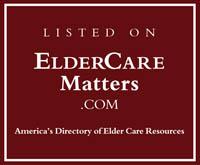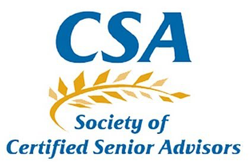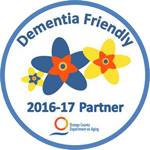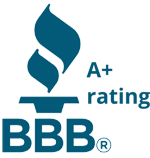Assisted Living is basically defined as a community to help an individual with their “Activities of Daily Living”.
ADL’s are:
- Walking, or otherwise getting around the home or outside. The technical term for this is “ambulating.”
- Feeding, as in being able to get food from a plate into one’s mouth.
- Dressing and grooming, as in selecting clothes, putting them on, and adequately managing one’s personal appearance.
- Toileting, which means getting to and from the toilet, using it appropriately, and cleaning oneself.
- Bathing, which means washing one’s face and body in the bath or shower.
- Transferring, which means being able to move from one body position to another. This includes being able to move from a bed to a chair, or into a wheelchair. This can also include the ability to stand up from a bed or chair in order to grasp a walker or other assistive device.
The national average cost of a community assisting with ADL’s, 3 meals and lodging is $4,050/month. Please note that costs will vary by state and locations within a state, possibly the size of the community, if it is a smaller “boutique” Family Care Home (in NC there is a 6 resident max) or the need for Memory Care (much more expensive).
SO THE QUESTION IS- “HOW DO I PAY $4,000 PER MONTH? Here are some possibilities:
- VA Aid and Attendance: For wartime Veterans or their surviving spouse
- Special Assistance (NC) or some type of Medicaid waiver program. (most often low income and $2,000 in assets)
- Life Insurance: Check to see if you have “accelerated” or “living benefits” that can be used now, but reduces the death benefit later.
- Long Term Care Insurance. Understand your policy. Does it have an elimination period, how much per day will it pay and for how many days. It is rare to see a “lifetime benefit”.
- Annuities: An investment where your lump sum purchase is stretched out over a period of time. Although the annuity contribution may not be counted as an asset for many government programs, the income will. Annuities are complicated investments and should be done with caution and a reputable advisor and company.
- Reverse Mortgage: This can provide a “lump sum” or monthly allowance. Understand the terms of the “loan” and that home needs to be occupied (usually by the “at-home” spouse).
- Renting your primary residence: This may bring the needed boost to your income to afford Assisted Living, but may disqualify you from Government Benefits. Most benefits programs will view the home as an asset (it’s now a rental) and the rent is counted as income.
We would strongly suggest that you DO NOT undertake any of these ideas on your own, but seek the aid of a qualified Elder Law Attorney. Many benefits programs do not work together. You may do something that is permitted for VA Aid and Attendance that will disqualify you from Medicaid.
kevin.huston@gmail.com (VA Accredited Attorney with a focus on Elder Law)
